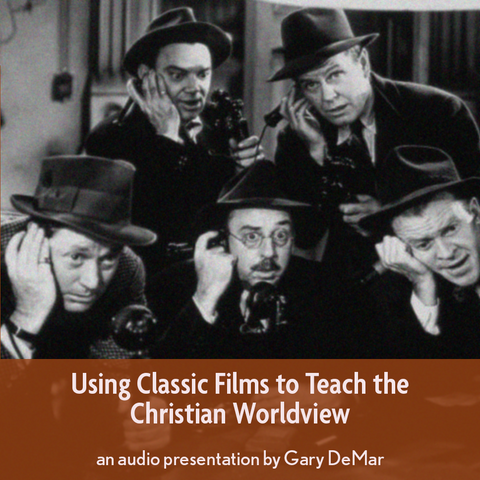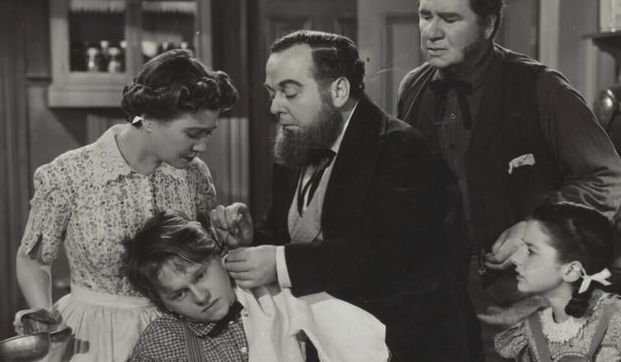Gary continues his talk about teaching history and how to make it relevant and interesting.
Probably the most famous product placement story is how Reeses Pieces got an advertising boost from a loveable alien. “Stephen Spielberg asked the makers of M&Ms if they would grant him permission to use their product in the 1982 film E.T.: The Extraterrestrial, but was turned down. Spielberg then turned to Hershey’s Food Corporation. Hershey’s wanted their signature candy “Hershey’s Kisses” to be used. After some negotiations, an agreement was made to use Reeses Pieces which resulted in an increase of “some 65 percent after their candy got screen exposure.” Today, it’s expected to see products placed in films to help sell the products.
Exxon paid $300,000 for its name to appear in Days of Thunder, Pampers paid $50,000 to be featured in Three Men and a Baby, and Cuervo Gold spent $150,000 for placement in Tequila Sunrise, according to Danny Thompson, president of Creative Entertainment Services, in a 1993 New York magazine interview. As for how effective the practice of product placement is, that same article quotes Joel Henrie, a partner at Motion Picture Placement, as saying: “Look what happened to Hermes scarves after Basic Instinct, Ray-Ban sunglasses after Risky Business, and suspenders after Michael Douglas wore them in Wall Street.”
The majority of today’s films are a steady drip of transformational worldview beliefs that wear away at older values that have resulted in what Daniel Patrick Moynihan described as “defining deviancy down.” The sad thing is that Christians have done very little to counter their impact except by incessant criticism. It’s too bad that a long time ago Christians relegated film and television to the secularists.

Using Classic Films to Teach a Christian Worldview
Movies are a self-contained world. The writers and producers make the rules and the circumstances for the worlds they create. Most often though, films use the assumed order of the natural world and don't attempt to re-write reality for the viewer. Films either reinforce the real world or they rebel against it. Either way, they provide a great way to think through worldview issues and their consequences.
Buy NowGary continues his talk about teaching history and how to make it relevant and interesting. Too often, children (and adults) don’t like history because of how it is taught as a series of unrelated facts and events. Movies can be a great way to engage with history and further the conversation and research.

